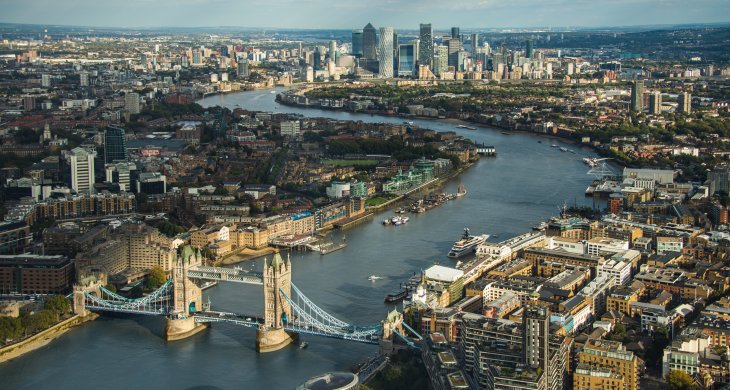iPACT webinar 5 – The Rising Tide: monitoring sea levels change in London

The Rising Tide: monitoring sea levels change to guide adaptive flood management in one of the world’s most important coastal cities – London, UK

Prof Ivan Haigh
Professor in Coastal Oceanography
Ocean and Earth Science
National Oceanography Centre
University of Southampton
He investigate variations in sea level from time-scales of seconds (waves), to days (tides and storm surges), through to long-term century scale rises in mean sea level, and its impact on the coast.
w: http://www.ivanhaigh.com
w: http://www.surgewatch.org
w: https://www.southampton.ac.uk/oes/coastal

The Challenge: Flooding arises from six main drivers: (1) fluvial – enhanced river flow; (2) pluvial – surface runoff with an urban drainage element; (3) coastal – storm tides and waves; (4) tsunamis; (5) dam failures, and; (6) groundwater. Today, flooding from these six sources affects more than 300 milllion people each year globally and causes annual financial losses exceeding £50 billion. In the UK, flooding is the principal environmental hazard identified in the National Risk Register such that flooding is ranked as the top priority risk after a pandemic.
And yet flooding will become even more challenging to manage. Sea level rise and changes in storms and rainfall due to climate change will increase the frequency and intensity of flooding. At the same time more people, property and infrastructure are located in flood prone areas than ever before, and there has been a steady decline in the extent of habitats that act as a nature buffer to flooding at exactly the point that our flood defences are getting older.
Research is needed to better understand the drivers of flooding and potential management responses – across all these areas.
To register for this webinar please use this form and we will send you the link.